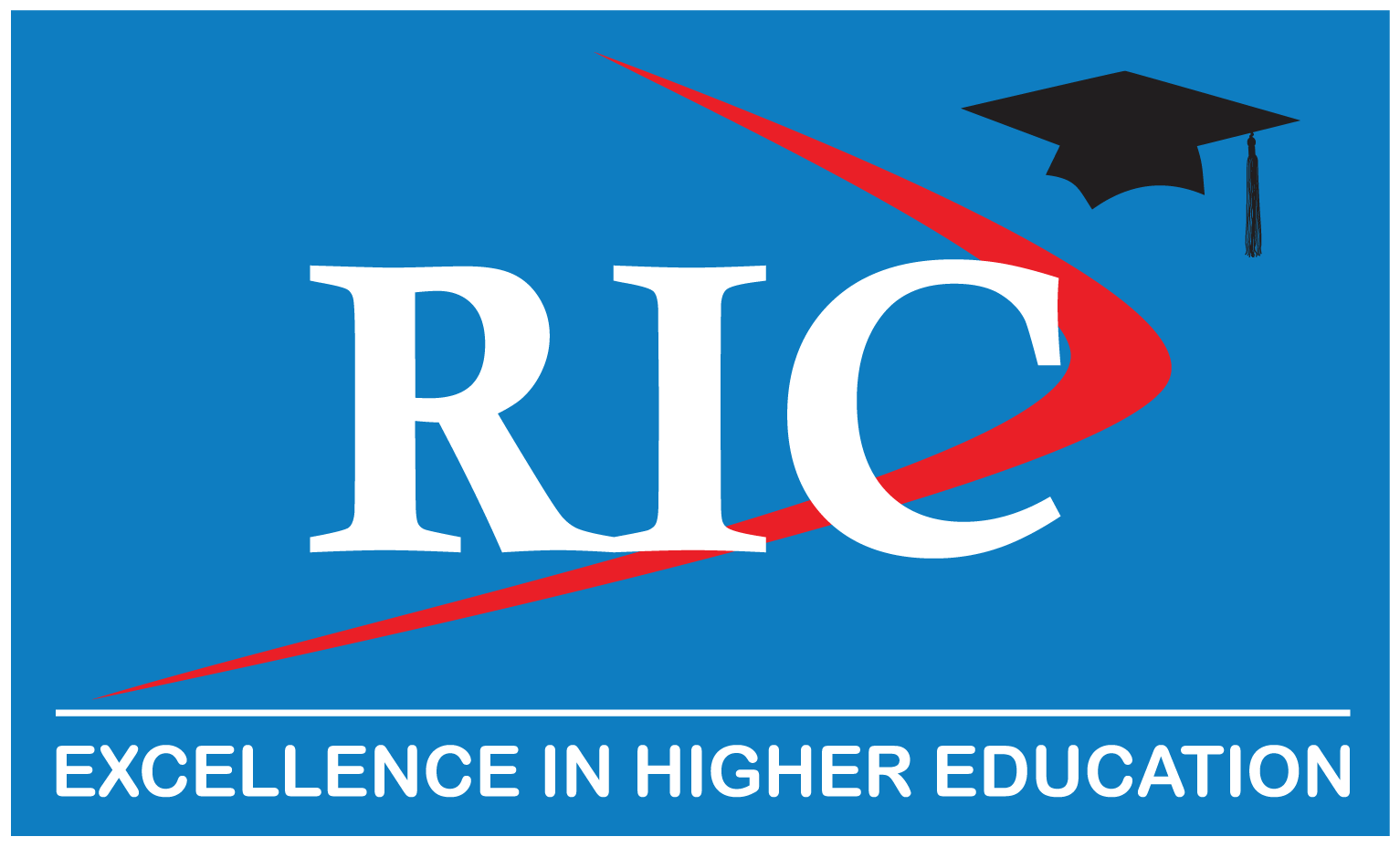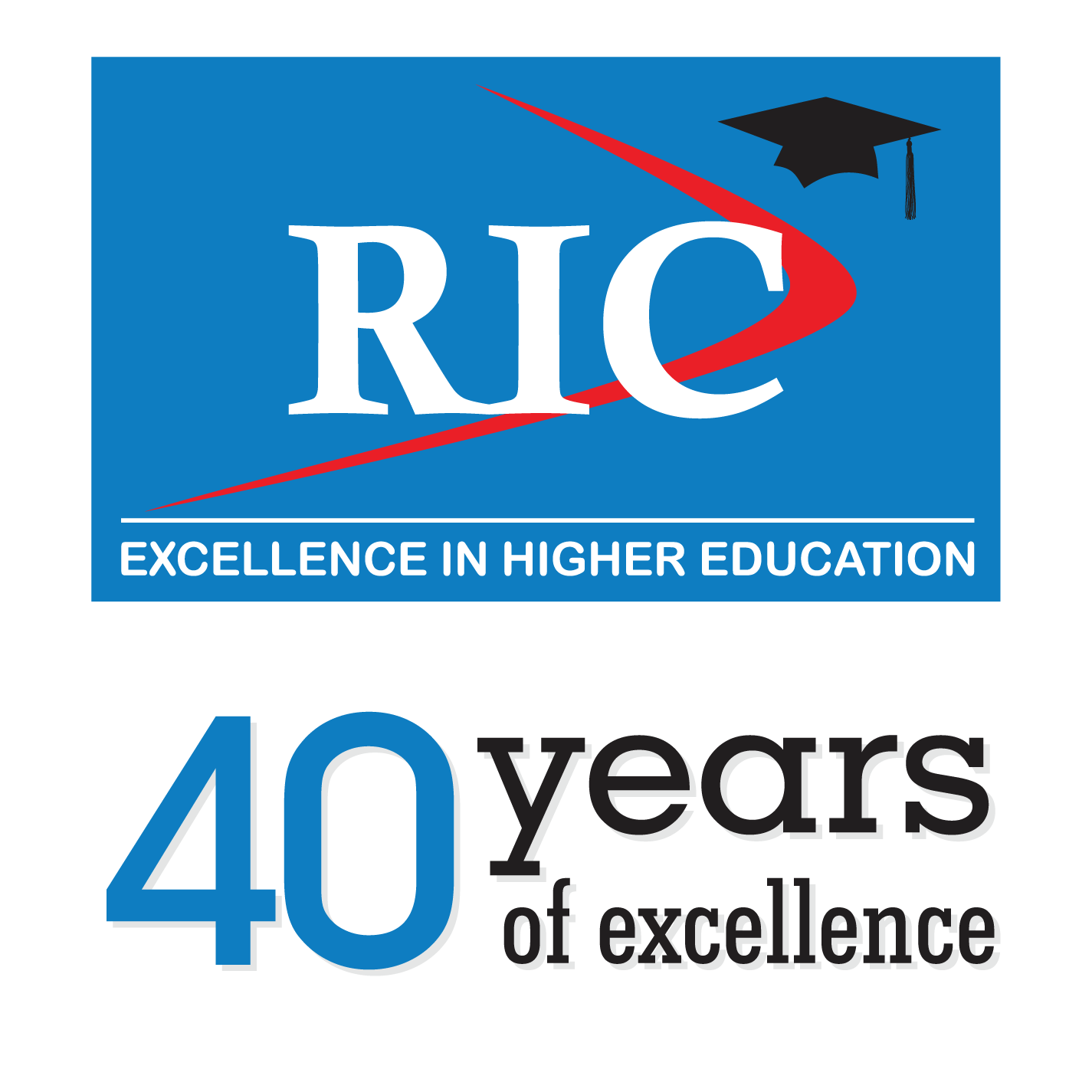Wants to know how to become biomedical scientist in Sri Lanka?
What is Biomedicine?
The study of human biology and medical science is a focus of the field of Biomedical Sciences, Social Health, Health Entomology, Laboratory Course Administration, and Phlebotomy Research are just a few of the courses that give students employable skills.
The academic field of biomedicine, also known as biomedical science (or “BioMed”), is devoted to the improvement of human medicine. It is a very diverse field that gives students the chance to learn about the biological sciences and pursue a career that can actually change the world.
To aid in disease diagnosis and treatment, biomedical scientists perform a variety of laboratory and scientific tests. Without biomedical scientists, operating rooms, accident and emergency (A&E), and many other hospital departments could not function.
Becoming a biomedical scientist in Sri Lanka can be a rewarding career choice for those who are passionate about the intersection of biology and medicine. Biomedical scientists work in a variety of settings, including research labs, hospitals, and medical clinics.
They are responsible for researching and developing new medical treatments, as well as analyzing patient samples to diagnose diseases and other health conditions.
If you are interested in pursuing a career in biomedical science in Sri Lanka, here are the steps you will need to follow.
Choose and Complete Your Degree Program
Once you have chosen your degree program, you will need to complete it. This typically takes around 4 years and will include both coursework and practical experience in a laboratory setting. During your degree program, you will learn about a variety of topics related to biomedical science, including human anatomy and physiology, biochemistry, molecular biology, and immunology.
You will also learn how to conduct experiments, analyze data, and interpret scientific findings. Once you have completed your secondary education, you will need to choose a degree program in biomedical science.
You can obtain a Bachelor’s degree in Biomedical Science at RIC. Working on various projects where you will encounter challenges will give you experience in the field, and it will help you develop as you are exposed to increasing numbers of work environments.
Complete an Internship
After completing your degree program, you will need to complete an internship in a biomedical laboratory. This typically takes around 12 months and will provide you with hands-on experience in a real-world setting. During your internship, you will work alongside experienced biomedical scientists and learn how to perform laboratory tests, analyze patient samples, and develop new medical treatments.
The Royal Institute has an extensive number of initiatives intended where you can simultaneously gain academic and professional experience. What you can accomplish is joining a project or business where you can at least get a basic level of exposure while you are pursuing your degree. In order to position oneself to win the world for yourself, you can build up your collection of work accordingly.
Register with the Sri Lanka Medical Council
Once you have completed your internship, you will need to register with the Sri Lanka Medical Council in order to practice as a biomedical scientist in Sri Lanka. This involves submitting an application and providing proof of your qualifications and experience. Once your application is approved, you will be issued a license to practice as a biomedical scientist in Sri Lanka.
Keep up with Continuing Education
Biomedical science is a constantly evolving field, so it is important to stay up to date with the latest developments. You may need to complete continuing education courses or attend conferences to keep your knowledge and skills current. This will help you stay competitive in the job market and provide the best possible care to your patients.
In addition to these steps, there are several other things you can do to prepare for a career in biomedical science. For example, you may want to consider participating in research projects or internships while you are still in school. This will give you valuable experience and help you stand out when you apply for jobs or further education. You may also want to consider pursuing a master’s or doctoral degree in biomedical science, which will provide you with even more advanced knowledge and skills.
Overall, becoming a biomedical scientist in Sri Lanka requires a significant investment of time and effort. However, it is a rewarding career path that allows you to make a real difference in the lives of patients and contribute to the advancement of medical knowledge. By following these steps and staying committed to your education and training, you can build a successful career in this exciting and important field.
Medicine is the practice of identifying, treating, and preventing diseases and injuries by utilizing science and knowledge of the human body. The goal of biomedical science, on the other hand, is to advance the field of medicine through research and study of the human body.
We learned that it’s our responsibility to discover and nurture the best for you in order to succeed in the modern world.
Our degree programs are always created to meet the challenging opportunities that are emerging globally. And we are happy to say that you are on the right track if you are a person who is enthusiastic about finding motivating opportunities in the world of Biomedicine.
Editorial Staff
Editorial Staff at Royal Institute of Colombo are experts on degree programs in Sri Lanka.

